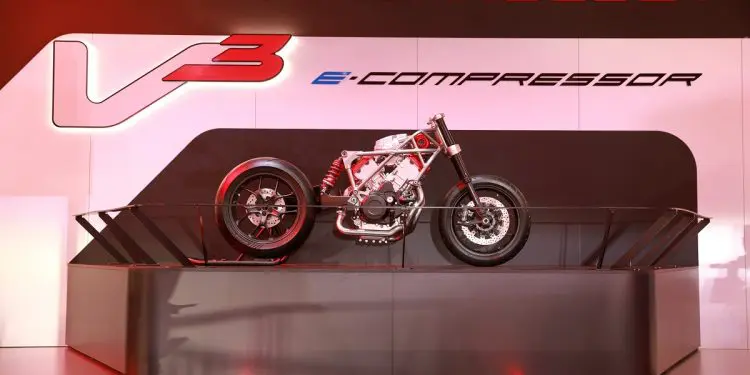Honda has a pilot project in Sakura that could represent the future of electric mobility. It is a demonstration production line that uses equipment and methods for mass production of solid-state batteries, aiming to start production as early as January.
This type of technology is considered crucial for electric vehicles, addressing the limitations of current lithium-ion batteries by being smaller, lighter, more resilient, and capable of faster charging. They are cheaper, and the risk of fire is lower.
With a solid rather than liquid electrolyte, solid-state batteries do not require a separator and do not contain flammable liquid, allowing them to withstand higher temperatures. Consequently, charging time can also be shorter, and there is less need for extensive impact protection.
In the initial phase, Honda expects to halve the size of the batteries and reduce their cost by 25% by the end of the decade. By 2040, it expects them to be 60% smaller and 40% cheaper.
For now, the new factory is a demonstration facility, equipped with production-scale technology ready to transition into full operation once all systems are functional.







